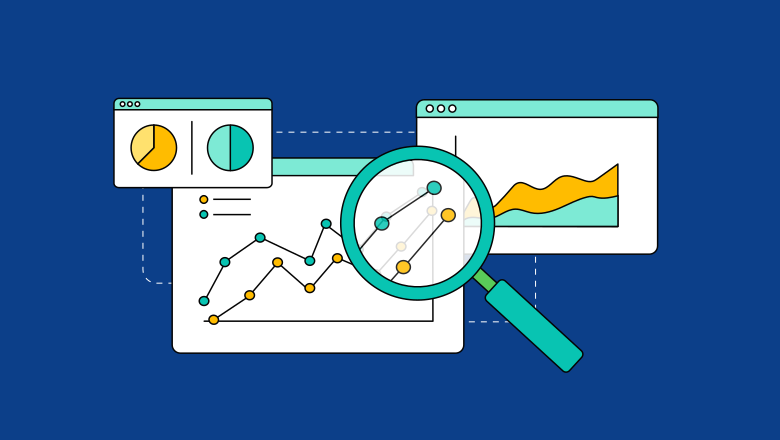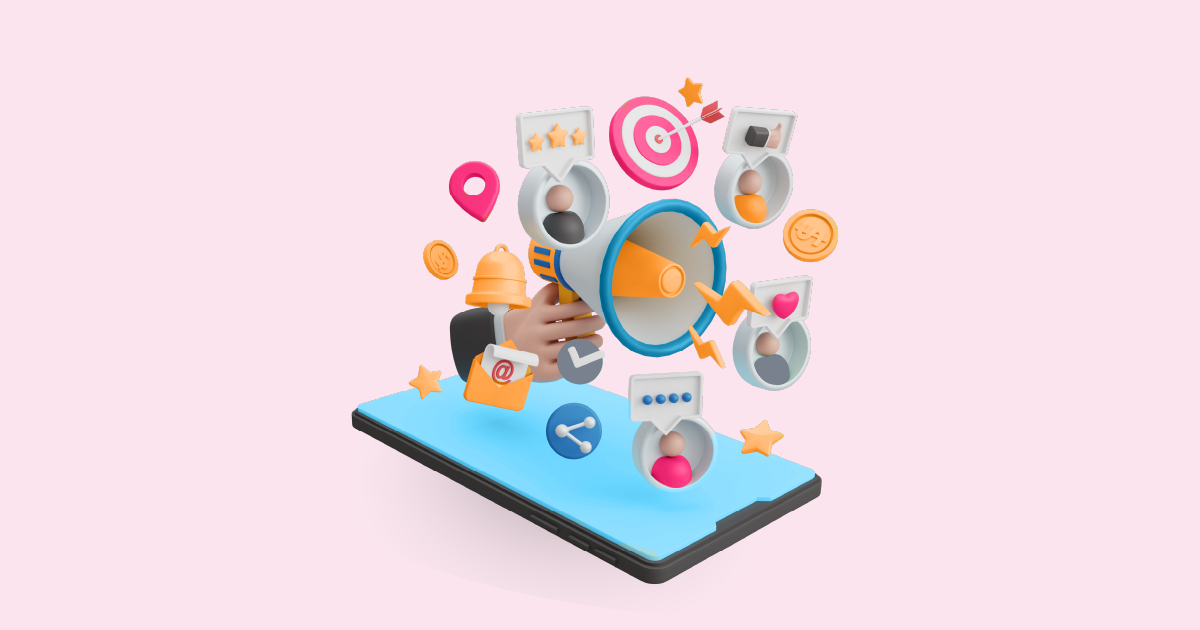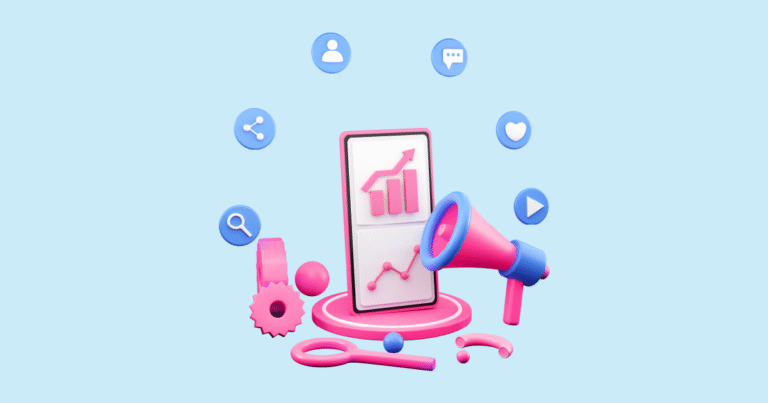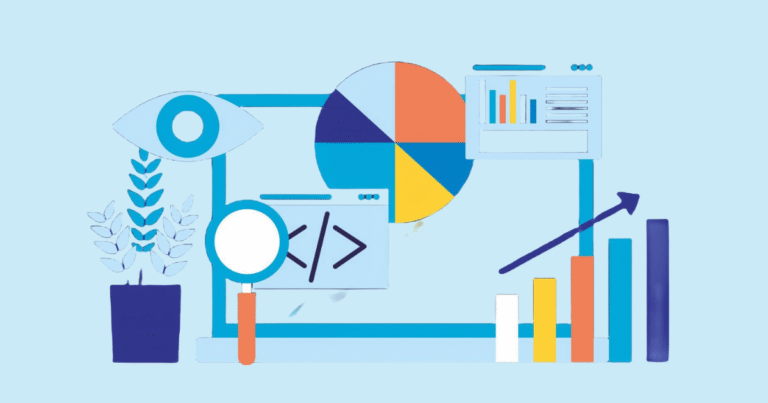In today’s fast-paced world, understanding and managing social dynamics is more crucial than ever. This is where social intelligence tools come into play. But what exactly are these tools, and why are they so important? Let’s dive in and explore the fascinating world of social intelligence.
Navigating Modern Social Dynamics: The Essential Role of Social Intelligence Tools

Understanding Social Intelligence
1. Definition and Components
Social intelligence is the ability to navigate and manage complex social environments and relationships effectively. It encompasses a range of skills, including empathy, communication, conflict resolution, and social awareness.
2. Historical Background
The concept of social intelligence was first introduced by psychologist Edward Thorndike in 1920. Since then, it has evolved significantly, becoming a key focus in psychology and organizational behavior studies.
3. Social Intelligence vs. Emotional Intelligence
While social intelligence and emotional intelligence are closely related, they are not the same. Emotional intelligence primarily deals with recognizing and managing one’s own emotions, whereas social intelligence is more about understanding and interacting with others.
Benefits of Media Intelligence Tools
1. Enhancing Communication Skills
One of the primary benefits of social intelligence tools is their ability to enhance communication skills. By understanding social cues and contexts better, individuals can communicate more effectively and avoid misunderstandings.
2. Building Stronger Relationships
Whether in personal or professional settings, strong relationships are built on understanding and trust. Social intelligence tools help individuals build and maintain these relationships by providing insights into others’ behaviors and motivations.
3. Improving Workplace Dynamics
In the workplace, social intelligence tools can lead to better teamwork, increased productivity, and a more positive work environment. By understanding the social dynamics within a team, leaders can make more informed decisions and foster a collaborative culture.
4. Boosting Personal Growth
On a personal level, social intelligence tools can aid in self-reflection and personal development. By gaining insights into one’s own social behaviors and patterns, individuals can work on areas of improvement and enhance their social skills.
Types of Social Media Intelligence Platforms
Assessment Tools
1. Surveys and Questionnaires
Surveys and questionnaires are common assessment tools used to measure social intelligence. These tools typically involve a series of questions designed to evaluate various aspects of social behavior and awareness.
2. Behavioral Assessments
Behavioral assessments, such as personality tests, can provide deeper insights into an individual’s social intelligence. These assessments often involve observing and analyzing behaviors in different social scenarios.
Development Tools
1. Training Programs
Training programs are designed to enhance social intelligence skills through structured learning and practice. These programs can be tailored to individual or organizational needs, covering topics such as communication, empathy, and conflict resolution.
2. Workshops and Seminars
Workshops and seminars offer interactive and experiential learning opportunities. Participants can engage in role-playing, group discussions, and other activities that help develop social intelligence skills in real-time.
Technology-Based Tools
1. Social Media Analytics
Social media analytics tools can provide valuable insights into social dynamics by analyzing interactions and behaviors on social platforms. These tools can help individuals and organizations understand trends, sentiment, and engagement.
2. AI and Machine Learning Applications
AI and machine learning applications are increasingly being used to enhance social intelligence. These technologies can analyze vast amounts of data to identify patterns and provide personalized recommendations for improving social interactions.
Top Social Intelligence Tools in the Market
1. AIM Insights

AIM Insights is a powerful tool that leverages AI to provide deep insights through social listening. It helps organizations understand public Arabic sentiment, track brand mentions, and identify emerging trends by analyzing social media interactions and online discussions. This enables businesses to enhance their communication strategies, improve customer engagement, and stay ahead of the competition.
Example: Our Arabic Sentiment Analysis Feautre with Tweet Analysis
AIM Insights can analyze tweets in Arabic to gauge public sentiment on various topics. For instance, if Kylie Cosmetics wants to understand the reaction to their latest makeup product launch in the Middle East, AIM Insights can process thousands of tweets in Arabic to identify positive, negative, and neutral sentiments. By doing so, the tool helps the company understand how its product is perceived, allowing them to make informed decisions on marketing strategies and customer engagement.
Example analysis:
- Tweet: “هاجر شفتي كولكشن كايلي كوزمتكس الجديد! احسه عادي احلا شيء فيه باليت الشادو الوانه حلوه بس ما عندي خلفيه عن الكوال… — شفت الاعلان بس ماشفت المنتجات ومادري اذا نزلت عالسوق ولا باقي لان مافي رفيوز عليهم حتى باليوتيوب”
- Sentiment: Positive
- Tweet: “للأسف، لم تعجبني منتجات كايلي كوزمتكس الجديدة. لم تكن بالمستوى المطلوب”
- Sentiment: Negative
- Tweet: “مجموعة المكياج الجديدة من كايلي كوزمتكس لا بأس بها، ولكن يمكن تحسين بعض التفاصيل”
- Sentiment: Neutral

This detailed sentiment analysis enables Kylie Cosmetics to respond promptly to customer feedback, address any issues, and capitalize on positive reactions to boost its brand image. By continuously monitoring and analyzing social media discussions, Kylie Cosmetics can adapt its strategies to better meet customer needs and stay ahead of competitors in the market.
2. Crystal
Crystal uses personality insights to help improve communication and relationships. By analyzing public data, it provides personality profiles and communication tips tailored to different individuals.
3. Humantic AI
Humantic AI offers personality AI tools that help understand and predict people’s behaviors. It is widely used in sales, marketing, and recruitment to enhance interpersonal interactions.
4. Cloverleaf
Cloverleaf provides team coaching software that enhances team dynamics and collaboration. It uses personality assessments and other data to offer personalized coaching and development plans.
5. Clearbit
Clearbit offers a suite of data enrichment tools that provide deeper insights into customers and prospects. It helps businesses understand their audience better and tailor their interactions accordingly.
How to Choose the Right Media Intelligence Tool
1. Assessing Your Needs
Before choosing a social intelligence tool, it’s essential to assess your specific needs. Consider what aspects of social intelligence you want to improve and what outcomes you expect from the tool.
2. Budget Considerations
Social intelligence tools come at various price points. It’s crucial to determine your budget and find a tool that offers the best value for your investment.
3. User-Friendliness
A tool that is easy to use will encourage more consistent and effective use. Look for tools with intuitive interfaces and clear instructions.
4. Integration Capabilities
Ensure that the social intelligence tool can integrate with your existing systems and workflows. Seamless integration will enhance its effectiveness and efficiency.
Implementing Social Intelligence Platforms
1. Planning and Preparation
Successful implementation of social intelligence tools requires careful planning and preparation. Define your goals, allocate resources, and develop a detailed implementation plan.
2. Training Your Team
Provide comprehensive training to your team on how to use the tool effectively. This training should cover not only the technical aspects but also the practical applications of the tool.
3. Monitoring and Evaluation
Regularly monitor and evaluate the use of the social intelligence tool to ensure it is meeting your objectives. Gather feedback from users and make necessary adjustments to optimize its performance.
Case Studies
Successful Implementations
1. Record-Breaking Case Studies


A leading fashion brand utilized AIM Insights for social media listening, leading to unprecedented results. By analyzing customer interactions and feedback on social platforms, AIM Insights helped the brand identify emerging trends and customer preferences. This allowed the brand to tailor its marketing strategies effectively, resulting in a 40% increase in customer engagement and a 20% boost in sales within six months.
2. Real-Life Examples
- Fashion Brand Turnaround: A global fashion retailer was struggling with declining sales and negative customer sentiment on social media. By implementing AIM Insights, they were able to identify key pain points and customer complaints. The insights gathered led to strategic changes in their product offerings and customer service approach, which significantly improved their brand perception. Within three months, customer satisfaction scores increased by 30%, and their social media engagement doubled.
- Tech Startup Expansion: A tech startup used AIM Insights to understand the competitive landscape and customer preferences. By analyzing social media conversations, they discovered a growing demand for a feature that was not yet available in their product. By quickly developing and launching this feature, they gained a competitive edge, resulting in a 50% increase in user acquisition and positive media coverage.
3. Tweets and Quotes from Influencers
Influencers and industry leaders have also recognized the value of social intelligence tools. For instance, renowned business strategist Jane Doe tweeted,
“AIM Insights has revolutionized how we understand social media dynamics. It’s a game-changer for any brand looking to enhance engagement and drive sales.”
Another influencer, John Smith, shared,
“The insights from AIM Insights are unparalleled. It’s like having a crystal ball for understanding customer behavior and improving our marketing strategies.”
Future Trends

1. Advancements in AI
Advancements in AI will continue to drive the development of more sophisticated social intelligence tools. These tools will offer deeper insights and more personalized recommendations.
2. Increasing Use of Big Data
The use of big data in social intelligence tools will enable more accurate and comprehensive analyses of social dynamics. This will lead to more effective strategies and interventions.
3. Customization and Personalization
Future social intelligence tools will offer greater customization and personalization, allowing users to tailor the tools to their specific needs and preferences.
Conclusion
In conclusion, social intelligence tools are invaluable in today’s interconnected world. They enhance communication, build stronger relationships, improve workplace dynamics, and foster personal growth. By understanding and utilizing these tools, individuals and organizations can navigate social environments more effectively and achieve their goals. Interested in seeing these benefits firsthand? Request a demo from AIM Technologies today and discover how AIM Insights can transform your team’s dynamics and boost your social intelligence.
FAQs
What is social intelligence?
- Social intelligence is the ability to navigate and manage complex social environments and relationships effectively. It involves skills such as empathy, communication, and social awareness.
How can social intelligence tools improve my business?
- Social intelligence tools can enhance communication, improve team dynamics, and provide insights into customer behavior, leading to better decision-making and increased productivity.
Are social intelligence tools expensive?
- The cost of social intelligence tools varies widely. Some tools are free or low-cost, while others may require a significant investment. It’s important to assess your needs and budget before making a decision.
Can small businesses benefit from social intelligence tools?
- Yes, small businesses can benefit significantly from social intelligence tools. These tools can help improve customer relationships, enhance team collaboration, and drive business growth.
What is the future of social intelligence tools?
- The future of social intelligence tools lies in advancements in AI, increased use of big data, and greater customization and personalization, making them more effective and user-friendly.



